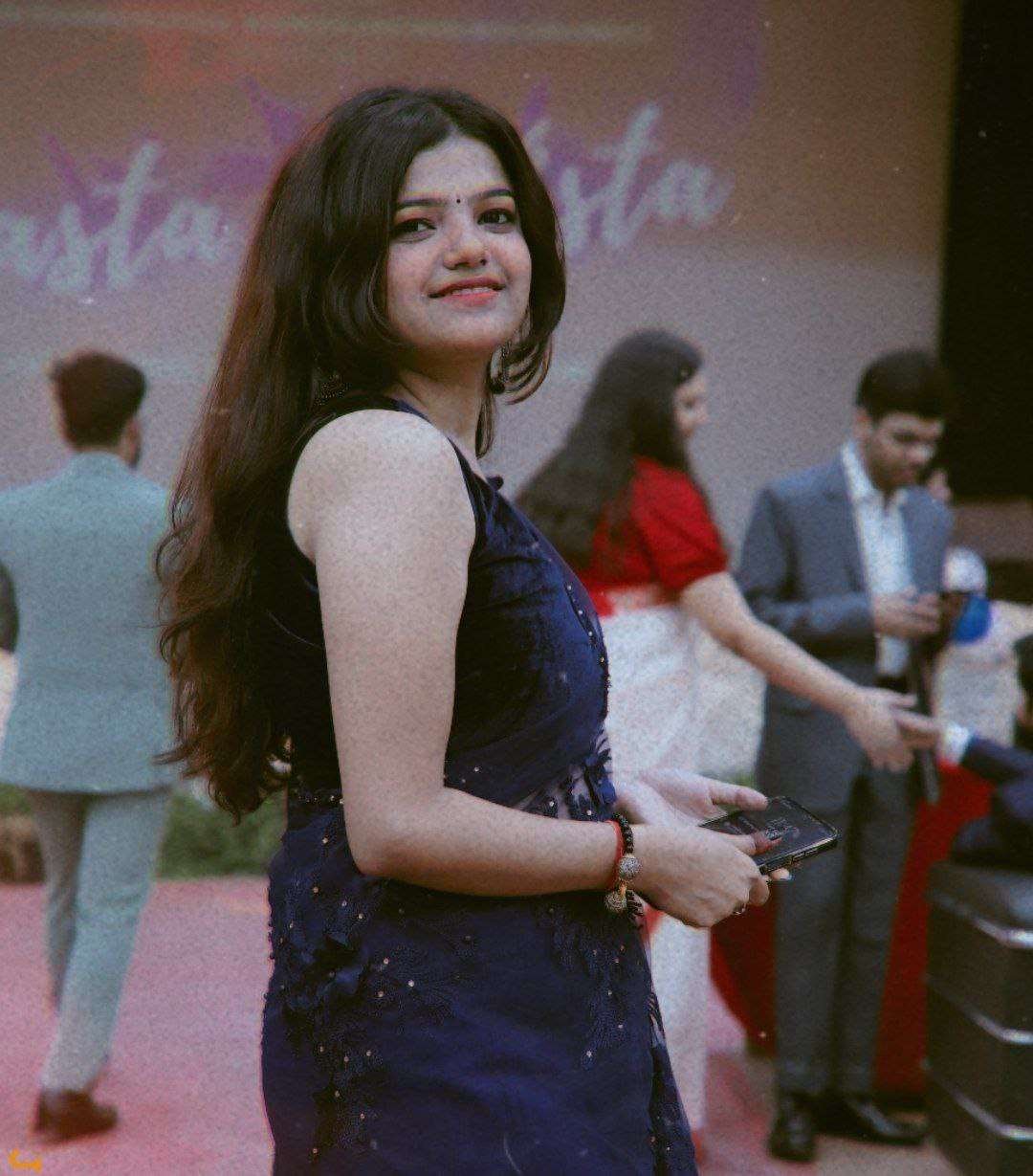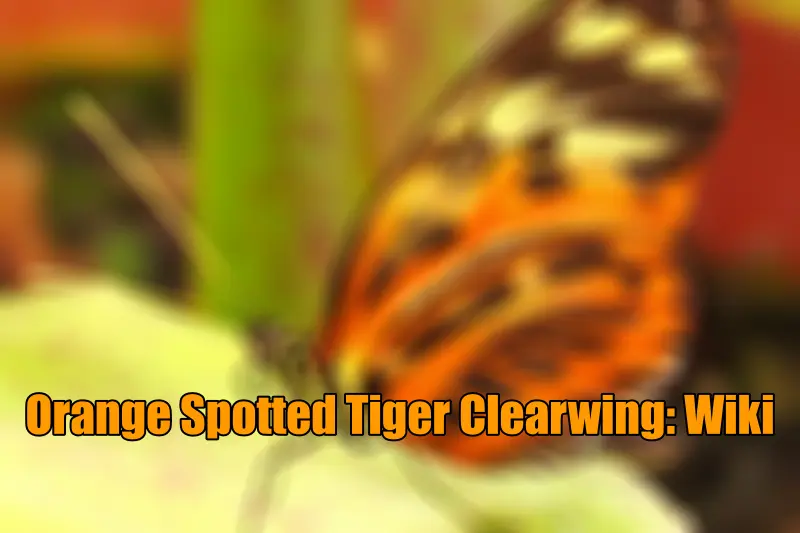Orange Spotted Tiger Clearwing is one of the most attractive… Wait, did we say tiger? Yes. But are we actually referring to a tiger? Without a doubt, no. It’s a butterfly. Let’s learn more about a butterfly with a distinctive appearance that has tiger-like orange patches on its wings.
All butterflies are beautiful, with unique & beautiful colors and patterns, but what makes this butterfly exceptional is not the color of its wings but who it resembles and why.
Orange Spotted Tiger Clearwing: Wiki
| Scientific name | Mechanitis polymnia |
| Common name | Orange Spotted Tiger Clearwing |
| Size | They grow about 3-inches wide |
| Habitat | Terrestrial |
| Location | It is native to Mexico, Brazil, and beyond |
| Diet | The larvae feed on Solanum species |
| Predators | Almost no predators |
| Colors | Transparent white to brown |
| Weight | Up to 24 pounds |
| Life Span | 1-10 years |
| Price | Can be very expensive |
| About it | Harmful to humans, has poisonous wings with bright orange color, etc. |
Butterfly of the Nymphalidae family, Mechanitis polymnia is also known as the Orange-spotted Tiger Clearwing or Disturbed Tigerwing. From Mexico to the Amazon rainforest, it lives in a wide terrestrial range. The wingspan is 2.6-3.0 inches, or 65-75 mm.
What Do Orange Spotted Tiger Clearwing Butterflies Eat?

The larvae eat plants in the Solanum genus. With almost 1,500 species, it is the biggest genus in the nightshade family Solanaceae. Solanum jamesii, Black Nightshade, etc. are a few examples of typical members of the genus.
What’s Special About The Orange Spotted Tiger Clearwing?
In addition to having a stunning and distinctive pattern, the chrysalises or cocoons of the special tiger clearwing butterflies resemble sparkling pieces of silver and gold jewelry, but they are actually formed of real substance. They do a fantastic job of reflecting light; it’s like looking in a mirror.
The third stage of a young butterfly’s development, pupae, is confined to this shining golden chrysalis that they spin.
Because of their brightness and texture, it appears that they are made of gold. Contrary to popular belief, they are not actually made of metal. Although they appear metallic, they are actually formed of chitin, a natural material that some insects and crustaceans possess and gives them their shiny appearance.
Where Can You Spot This Unique Beauty?
This is the most prevalent and widely distributed ithomiine species in Costa Rica, found in almost every setting from sea level to 1,500 meters.
In contrast to its counterparts, this species can fly in both open spaces and the shadow of a forest or in direct sunlight. It is also commonly spotted on the streets of all main Costa Rican cities. The orange-spotted tiger clearwing persists in all habitats for the whole year.
From Mexico to the rainforests of the Amazon, this butterfly can be found in all of Central and South America’s rainforests.
How Does The Disturbed Tigerwing Fool Predators?
The cocoon stage of a butterfly’s life is the most fragile. The pupa is unable to protect itself because it is immobile. However, their appearance is the only thing that saves them. They have chrysalises that appear bright and metallic, which is supposed to protect the developing butterfly by deceiving possible predators.
It’s possible that the reflecting chrysalises resemble water drops on plants. Or perhaps their shine mimics their surroundings.
The mirror effect is also sufficient to frighten away hungry creatures who come near. In order to find prey, birds, lizards, and other visual hunters like jumping spiders search local vegetation. Reflected movement (or the unexpected presence of their own reflected shape) would probably trigger a bail sequence in these animals.
No Wonder How Special Its Pupae Phase Is
A caterpillar living deep within the South American rainforests has an unusual escape strategy. It hides in a dazzling, chrome, immortal escape to avoid being eaten.
Contrary to popular belief, the orange-spotted tiger clearwing is not more vulnerable to predators due to its mirrored cocoon. In fact, it’s the complete opposite. Guess how?
Because they are too busy rushing and reorganizing their insides, butterfly pupae are easy prey as they are defenseless, abundant protein sources. Hence, they lack enough time and attention to build security to ward off potential predators at that stage.
Surviving this vulnerable stage of life causes them to hide their identities, and polymnia uses light-bending to accomplish this, thanks to its metallic chrysalis.
The butterfly larvae are likely hidden by their chrysalises’ reflective qualities, which make them appear as dry, curled leaves, hanging drops of water, or shafts of light because they are complicated to the perception of little bug eaters. As a result of entirely reflecting light, it may occasionally cause potential predators to perceive their own form.
Special – Save Yourself – Mechanism
The wings of the common tiger butterfly are distasteful and toxic. Its striking orange color serves as a warning to predators, signaling its toxicity. The Tiger Clearwing pretends to be dead and stinks awful when it is caught. Its attacker lets go, and it flies off to live another day.
Conclusion
The Orange Spotted Tiger Clearwing, Mechanitis polymnia is a member of the Nymphalidae family. Their unique colored, black-spotted orange wings do exact justice to its common name. They are terrestrial little but tough creatures with unique abilities to deal with predators. Also, they have pretty distasteful and toxic wings.
FAQs
Q1. What is the host plant of Mechanitis polymnia?
Ans. The host plant for the orange spotted tiger clearwing (Mechanitis polymnia) is Solanum (Solanaceae) genus.
Q2. What is the metallic chrysalis of the mechanitis polymnia?
Ans. The Mechanitis polymnia’s pupa, or chrysalis, has a metallic, mirror-like appearance. The reflective covering of Polymnia chrysalises confuses predators by reflecting the environment and hiding the defenseless pupa. Predators are said to run away when they recognize their reflection in the chrysalis.
Q3. What is the common name for Mechanitis polymnia?
Ans. Its common names are the orange-spotted tiger clearwing or disturbed tigerwing.
Q4. Which stage is known as chrysalis?
Ans. The caterpillar transforms into a “chrysalis” or “pupa” when it reaches its full size. They go through a process called “metamorphosis“, or change within. The components we identify in a butterfly start to take shape during that time. It is the third stage in their growth cycle.
References
- https://roundglasssustain.com/columns/danger-lurks-toxic-beauties-action
- https://en.wikipedia.org/wiki/Mechanitis
- https://pictureinsect.com/wiki/Mechanitis_polymnia.html
- http://butterfly-lady.com/golden-chrysalis/
- https://www.animal.photos/butterfly/tigerwing.htm
- https://en.wikipedia.org/wiki/Solanum
- https://en.wikipedia.org/wiki/Mechanitis_polymnia
Also Read:

Anjali Prasad, a B. Pharm. graduate who works as a content writer for HowItSee, is based in Delhi. Except for her, not many people take the typical road from healthcare to writing. Her love of writing stemmed from her involvement in the college literature society and her early journaling at the age of 7. Hence, the love of learning and the spirit of exploration are what drew her to this career. You can find her on common social media like Instagram.
